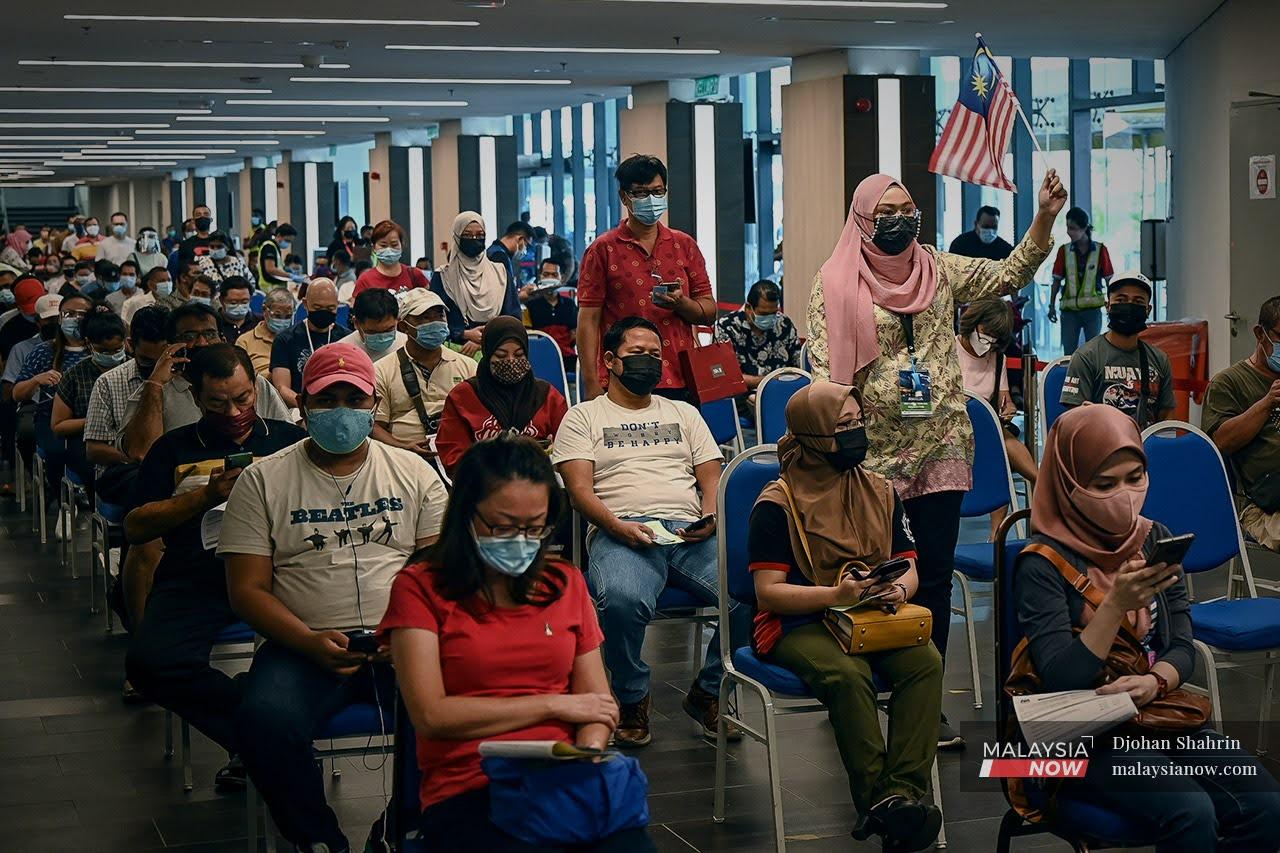Malaysia isn’t perfect but it’s no failed state
A lot is being done not just to tide us over during this difficult time, but also to help propel the nation to the next stage of growth, post-pandemic.
Just In
Recently, an article in Bloomberg, “Malaysia is Staggering Down the Road to Failed Statehood”, raised eyebrows in the country. The author says systemic failures, particularly in managing the Covid-19 pandemic, will see the country going down the path of “failed states”.
According to the Oxford dictionary, a “failed state” is one whose “political or economic system has become so weak that the government is no longer in control”. Last I checked, Malaysia was not showing any signs of descending into utter chaos the way Yemen, Somalia or Syria is.
The Malaysian government may not be perfect but a failed state, it is not. The Covid-19 pandemic has upended our lives like never before as infections and numbers and the death toll continue to rise, leaving a trail of economic destruction in its path. But this is a global phenomenon as countries previously thought to have managed the pandemic well like Taiwan, South Korea and Thailand struggle to keep a lid on surging cases.
Critics are fond of pointing out that the “white flag” campaign is proof that there are not enough economic safeguards for the B40 group, as the prolonged lockdown has robbed them of the opportunity to earn a living, with many going to bed on an empty stomach. Critics ignore the fact that since January this year, over 700,000 food baskets had been distributed to underprivileged households, worth RM150 million. This was started way before the “white flag” campaign kicked off.
The Bloomberg article also criticised Malaysia for being slow in rolling out its Covid-19 vaccination. As of today, Malaysia’s vaccination rate is second only to Singapore according to Our World in Data. Some eight million Malaysians have received at least one dose of vaccine and our healthcare workers are administering over 300,000 doses a day now.
A few weeks ago, Bloomberg estimated that the country would take five years to vaccinate 75% of its population. Going by our vaccination rate today, it’ll take only five months.
Within a short period, over 300 vaccination centres (PPVs) are already operating, most of them running seven days a week. This will undoubtedly speed up our herd immunity target by year-end or earlier. How are all these indications of a failed state?
On the economic front, S&P Global Ratings in June 2021 affirmed its “A-” long-term and “A-2” short-term sovereign credit ratings for Malaysia. It also affirmed its “A” long-term and “A-1” short-term local currency ratings for the country. The Economist Intelligence Unit last July rated Syria’s sovereign risk as “D”. Such a comparison is an insult to Malaysia but a contrast is necessary since the Bloomberg columnist lumps Malaysia in the same category as other “failed states”.
In terms of foreign direct investments (FDI), RM80.6 billion worth of investments in the manufacturing, services and primary sectors were approved in the first quarter of this year, a surge of 95.6% from RM41.2 billion a year ago. A failed state should see capital flight, not a surge in FDI.
In terms of jobs, the government’s wage subsidy programme has saved 2.7 million jobs costing the government RM20.5 billion, involving some 330,000 employers. The unemployment rate in Syria is 50% and in Burkina Faso, 77%.
And finally let’s talk about the economic stimulus packages announced by the government since the pandemic hit our shores. There were eight such packages (comprising Prihatin, Prihatin PKS, Penjana, KitaPrihatin, Permai, Pemerkasa, Pemerkasa+ and Pemulih) besides Budget 2021. They all cost the government a staggering RM530 billion! A failed state would never spend that kind of money keeping the heads of its people above water.
In conclusion, Malaysia is not perfect. But a lot is being done not just to tide us over during this difficult time, but also to help propel the nation to the next stage of growth, post-pandemic. And for that I still love this country, warts and all.
The views expressed in this article are those of the author(s) and do not necessarily reflect the position of MalaysiaNow.
Subscribe to our newsletter
To be updated with all the latest news and analyses daily.
